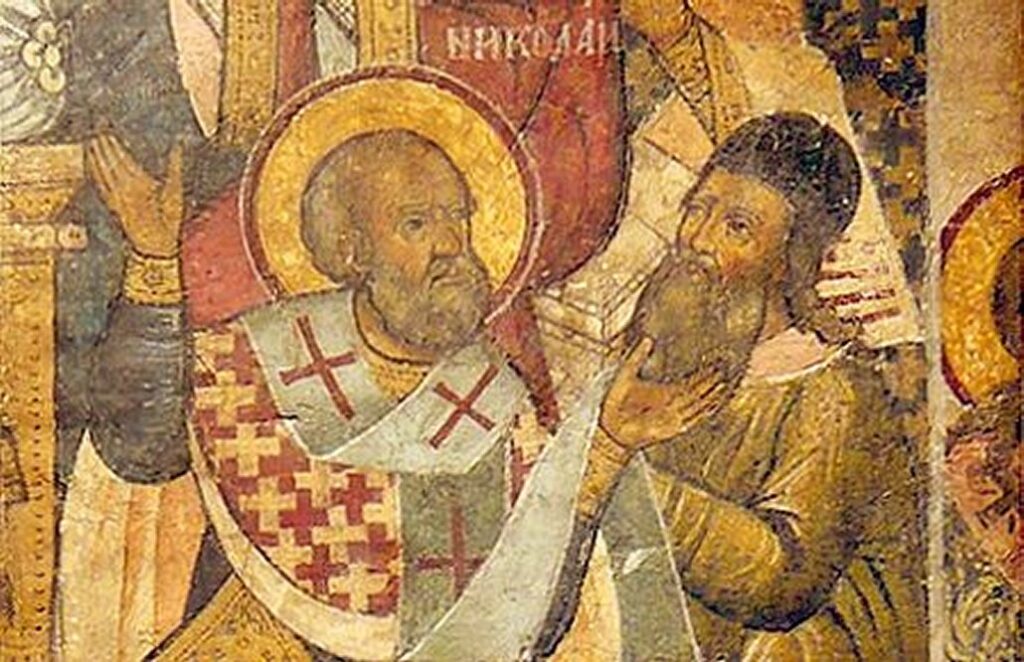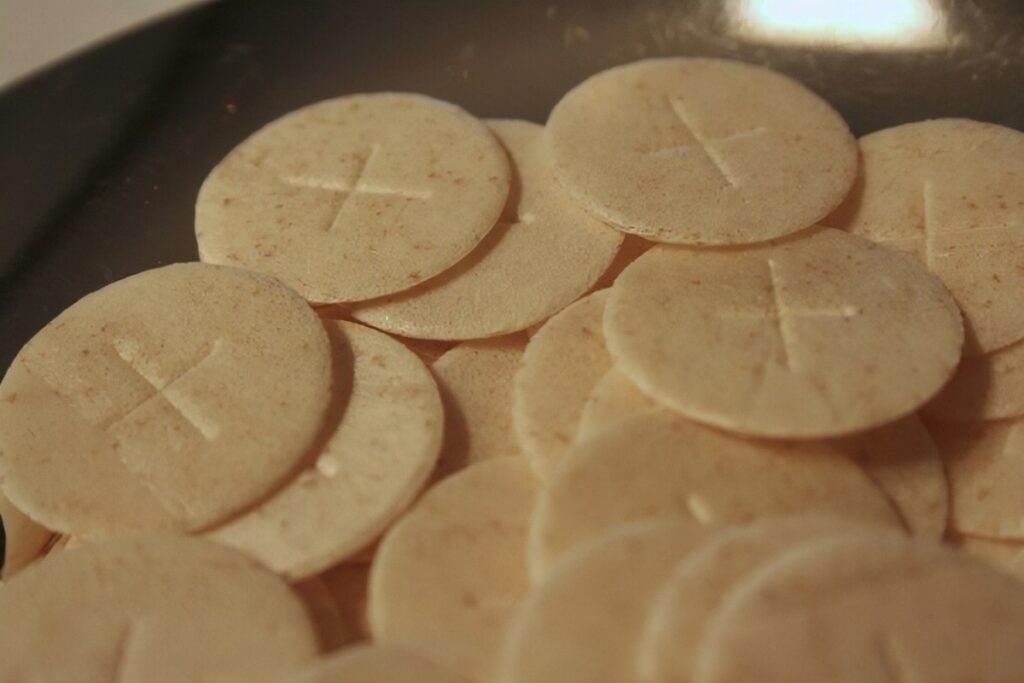
In the letter I wrote to you not to associate with sexually immoral people, not meaning the sexually immoral of this world in general, or the avaricious and the greedy, or the idolatrous, because then you would have to leave the world. Now I write to you not to associate with someone who bears the name of brother or sister and who is sexually immoral or avaricious or idolatrous or slanderous or a drunkard or greedy. You should not even dine with someone like that.
Who am I to judge outsiders? Shouldn’t you judge insiders? God will judge outsiders. Expel the wicked one from your midst. (1 Cor. 5:9-13)
St. Paul refers to a previous letter that he had written to the parish at Corinth; alas, that letter has not survived. But in that previous letter, the apostle had instructed the Corinthians to shun the immoral. He hadn’t told them to shun everyone who was immoral because that would mean that they would have to shun the whole world! He had told them to shun those who were members of the Church but who behaved as if they were not Christians. St. Paul told the Corinthians not to worry about outsiders; God will judge the non-Christians. St. Paul told the Corinthians that they were responsible for maintaining the discipline of the “insiders” and that they should not even have dinner with the Christians who denied the faith by such notorious, public misbehavior.
The practice of shunning those who repudiate the Church by their public misbehavior came to be known as “excommunication” as the Christians being shunned were “former communicates” who were now forbidden to receive Holy Communion; in Latin ex, out of, and communio or communicatio, communion — exclusion from the communion). They were excluded from the fellowship, the koininia, of the Church. Excommunication was seen as spiritual medicine and not a spiritual punishment as it was not intended to punish the excommunicated person but was meant to correct the excommunicated person and bring them back to the path of righteousness.
As the Church developed in Western Europe, two kinds of excommunication developed. One was called “lesser excommunication” in which the person was not allowed to receive Holy Communion but could still participate in other aspects of parish activities. The “greater excommunication” involved the public shunning that St. Paul describes. A person who was a “greater excommunicate” was forbidden to participate in public communal life in any way: the members of the parish in good standing were not allowed to speak or eat or do business with or associate in any way with a person placed under the “greater excommunication.”
A lesser excommunication was issued if a person either hit or attacked a priest in public or associated in public with someone who was under a greater excommunication. Lesser excommunications have not been issued since 1869.
A greater excommunication is issued if a person denies the Christian faith in public, promotes incorrect teaching, throws away or mistreats the consecrated Eucharist, or if a priest reveals what someone said in confession. Great excommunication can be forgiven if the public misbehavior stops.
St. Nicholas–of Santa Claus fame–is said to have been so angry at the heretic Arius that he slapped Arius during the first ecumenical council held at Nicea in AD 325. Arius has become the “prototype” or “model” of those who are excommunicated or cast out of the Church for notorious misbehavior or incorrect belief.


